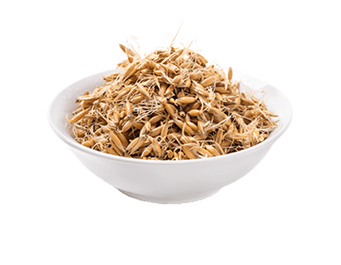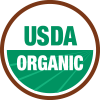

Barley (Hordeum vulgare), a member of the grass family, is a major cereal grain grown in temperate climates globally. It was one of the first cultivated grains, particularly in Eurasia as early as 10,000 years ago. With a rich nutlike flavor and an appealing chewy, pasta-like consistency, barley resembles wheat berries, although it is lighter in color.
Barley sprouts are a rich source of phytochemicals. Some of its main active constituents are C-glycosides, saponarin, lutonarin, luteolin, ferulic acid, chlorogenic acid, luteolin-3-7-di-glucoside, hexacosanol, heptacosanol and beta-carotene. Low in fat, barley sprouts contain soluble fiber and is a good source of protein. Sprouting barley activates enzymes, improves amino acid content, reduces antinutrients, and causes a decrease of bioavailable starch and an increase in resistant starch.*


| Product | Specifications | Extraction/Drying Method | Applications |
|---|---|---|---|
Barley Sprouted Powder (organic)
 | Country of Origin: USA Part used: Sprouted seeds Appearance: White speckled powder Solubility: Partly soluble Certifications: Organic, Kosher and Food grade Produced in an SQF certified facility | Air dried | Functional foods Functional beverages Dietary supplements Pet foods |